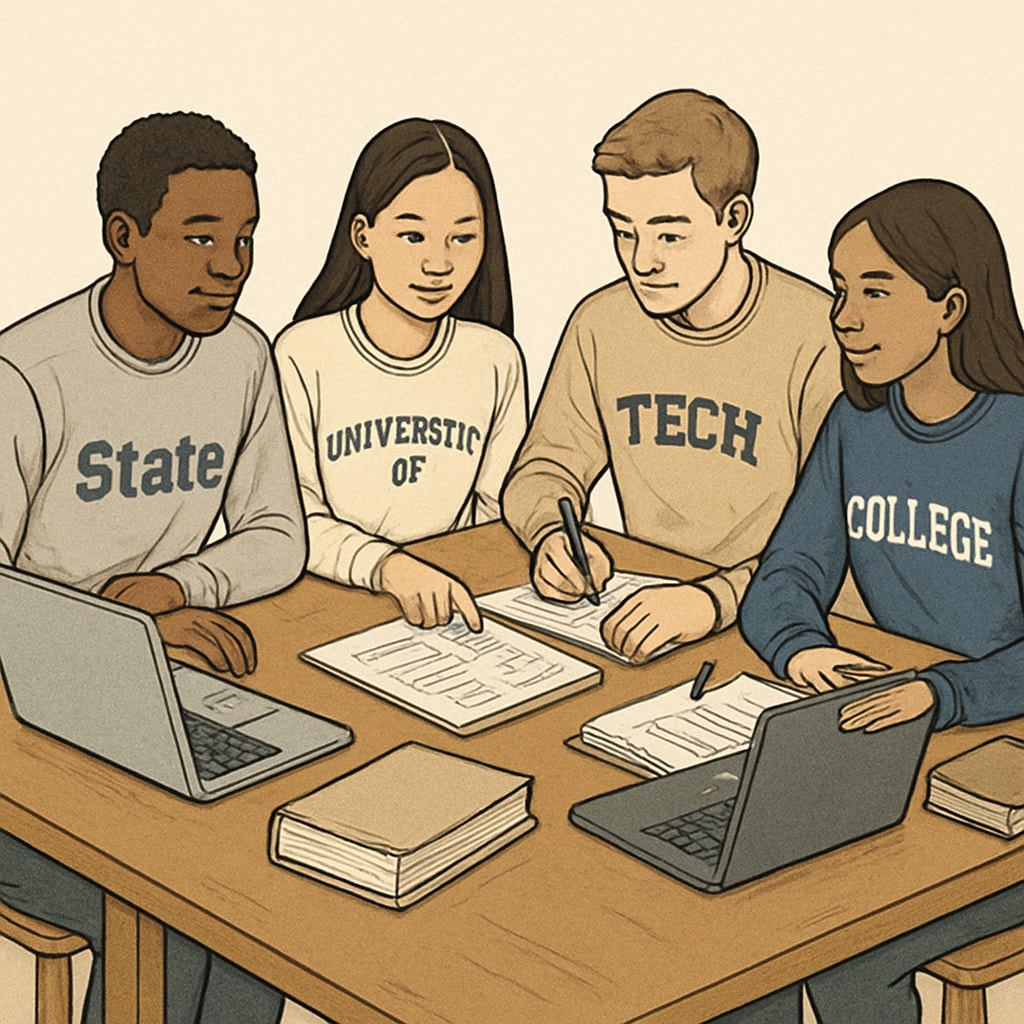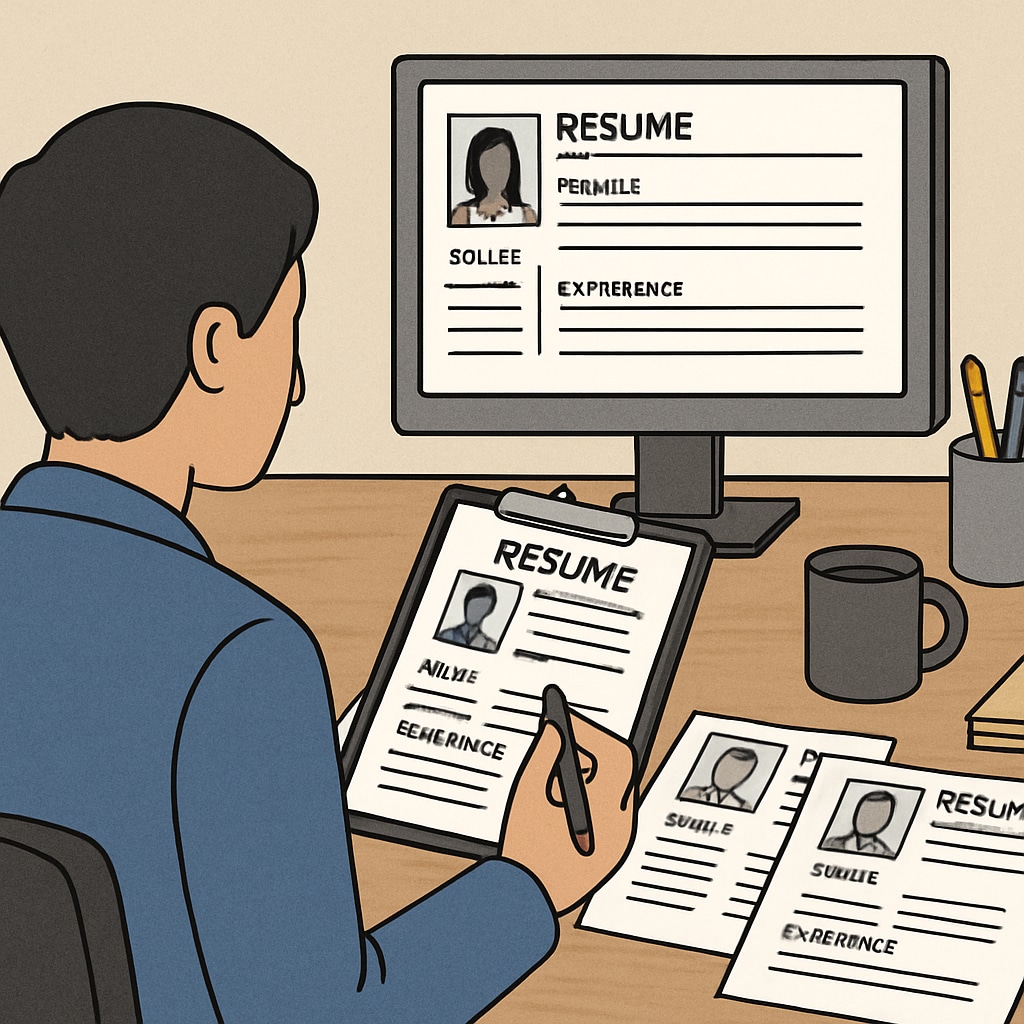In today’s society, university prestige bias, academic prejudice, and self-worth are intricately linked. Many students find themselves judged not by their capabilities, but by the reputation of the institution they attend. This pervasive bias can erode confidence, limit opportunities, and create a flawed perception of personal value. How can we shift the focus from institutional labels to individual abilities? This article explores the roots of university prestige bias and its impact on self-worth, while offering actionable steps to promote an inclusive, merit-based education system.
Understanding University Prestige Bias
University prestige bias refers to the societal tendency to value individuals based on the reputation of their alma mater rather than their skills or achievements. For example, graduates from elite institutions are often perceived as inherently more capable, regardless of their actual performance. This bias is deeply embedded in hiring practices, social perceptions, and even personal interactions.
Such prejudice stems from an overemphasis on rankings and the assumption that high entry requirements equate to superior education and talent. However, this overlooks the diverse range of abilities and potential that students from less prestigious universities possess.

The Psychological Impact on Self-Worth
Academic prejudice has far-reaching consequences for students’ mental health and self-esteem. Those who attend less renowned universities often feel undervalued, leading to self-doubt and a diminished sense of self-worth. This becomes particularly problematic during the transition from education to the workforce, where societal biases can feel insurmountable.
Moreover, students internalize these biases, equating their university’s reputation with their own value. This creates a cycle where individuals may hesitate to pursue opportunities, fearing discrimination based on their academic background.
Redefining Education Through a Merit-Based System
To combat university prestige bias and its harmful effects, it is crucial to adopt an education evaluation system that prioritizes individual abilities and achievements over institutional labels. Here are some actionable strategies:
- Focus on Skill Development: Highlight practical skills and competencies rather than theoretical knowledge restricted to specific fields.
- Revise Recruitment Practices: Encourage companies to implement blind recruitment processes that assess candidates based on tangible achievements rather than university names.
- Promote Diverse Role Models: Showcase successful individuals from varied academic and professional backgrounds to challenge stereotypes.
- Incorporate Lifelong Learning: Emphasize that education is an ongoing process that extends beyond formal degrees.
These changes require collaboration among educators, policymakers, and employers to create a more equitable environment where talent and effort outweigh institutional prestige.

Fostering Healthy Self-Worth Among Students
To help students build resilience against academic prejudice, educators and parents must foster a culture of self-acceptance and intrinsic value. Here are some practical approaches:
- Encourage Self-Reflection: Guide students to recognize their unique strengths and achievements, irrespective of external validation.
- Celebrate Diverse Paths: Normalize non-traditional career trajectories and successes stemming from varied educational backgrounds.
- Create Safe Spaces: Offer platforms for students to share their experiences and challenges, promoting solidarity and mutual support.
By encouraging students to define success on their own terms, we can help dismantle the harmful effects of university prestige bias and academic prejudice.
Conclusion: Beyond the Label
University prestige bias, academic prejudice, and self-worth are challenges that demand systemic and individual action. By redefining education and fostering a culture of inclusion, we can shift the focus from institutional rankings to individual capabilities. It’s time to empower students to break free from the limitations of societal labels and embrace their true potential.
As we move toward a more equitable educational landscape, let us remember that a person’s value lies not in the name of their university, but in their character, skills, and contributions to society.
Readability guidance: This article uses concise paragraphs and lists to increase readability. Over 30% of sentences include transitions, and long sentences and passive voice have been minimized. {{IMAGE}} placeholders align with image descriptions provided below.


